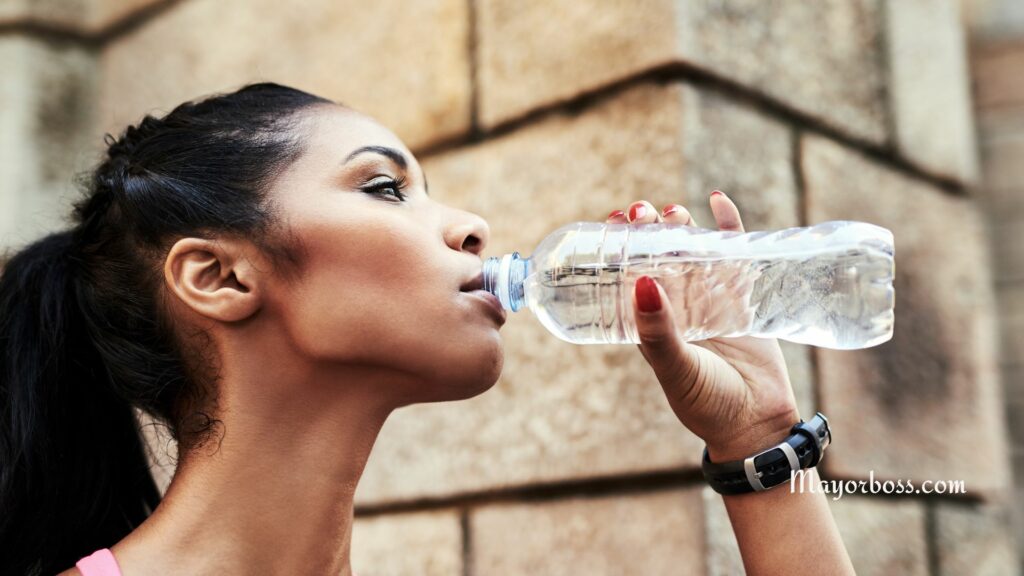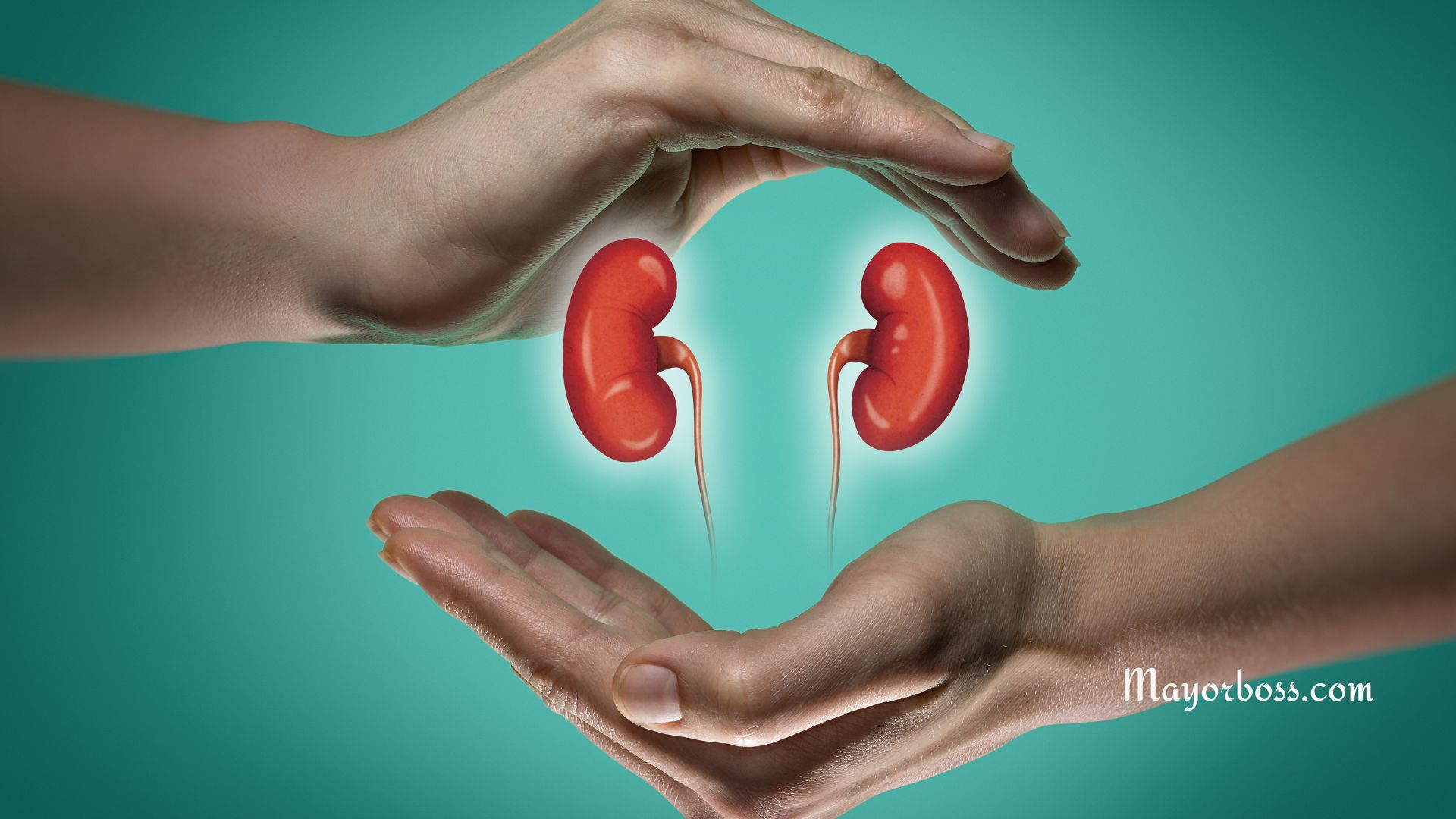10 Ways to Keep Your Kidneys Healthy
Our kidneys work hard to keep our bodies clean and balanced. They filter our blood, remove waste, and help control water and salt levels. Taking care of your kidneys is very important for good health. In this article, we share ten simple ways to help your kidneys stay healthy.
1. Drink Enough Water
Water helps the kidneys remove waste from the body. Drinking enough water each day helps keep your kidneys working well. Try to drink water throughout the day. Your body may need more water if you exercise or if it is hot outside. Water is the best choice because it does not have extra salt or sugar.

2. Eat a Healthy Diet
A healthy diet helps your kidneys function properly. Fill your plate with fruits, vegetables, whole grains, and lean meats. Avoid too many processed foods, which can have extra salt and sugar. These can raise your blood pressure and make your kidneys work too hard. A diet with low salt and good fiber helps your kidneys and your heart.
3. Control Your Blood Pressure
High blood pressure can damage your kidneys. Check your blood pressure regularly and follow your doctor’s advice to keep it in a safe range. Eat less salt, be active, and do not drink too much alcohol. Keeping your blood pressure under control helps protect your kidneys from harm.
4. Manage Your Blood Sugar
For people with diabetes, controlling blood sugar is key to kidney health. High blood sugar can hurt the kidneys over time. If you have diabetes, follow your treatment plan. This may include taking medicine, eating healthy foods, exercising, and checking your blood sugar. Keeping your blood sugar in check helps lower the likelihood of kidney problems.
5. Exercise Often
Regular exercise benefits many parts of your body, including your kidneys. Being active helps control blood pressure and blood sugar levels. Aim for about 30 minutes of exercise most days of the week. Activities like walking, dancing, biking, or swimming can help.

6. Be Careful With Painkillers
Some over-the-counter pain medicines, like ibuprofen or naproxen, can harm your kidneys if you use them too much. Use these medicines only when you need them and follow the directions on the label. If you have long-lasting pain, talk to your doctor about safer ways to manage it.

7. Do Not Smoke and Limit Alcohol
Smoking can reduce blood flow to your kidneys, making them work harder. Alcohol, especially in large amounts, can also damage your kidneys and increase your blood pressure. If you smoke, consider quitting, and try to limit your alcohol intake. These changes help your kidneys and improve your overall health.
8. Keep a Healthy Weight
Being overweight can put extra stress on your kidneys. Extra weight can lead to high blood pressure and diabetes, which harms the kidneys. Eating a balanced diet and staying active helps you reach and keep a healthy weight. Work with your doctor to set up a plan that is right for you.
9. Have Regular Checkups
Regular visits to your doctor can help catch kidney problems early. Simple blood and urine tests can show if your kidneys are working well. If you have a family history of kidney disease or other risks like high blood pressure or diabetes, talk with your doctor about how often you should be checked.
10. Avoid Harmful Chemicals
Some chemicals can hurt your kidneys if you are exposed to them for a long time. This can happen at work or at home. Use safety gear and follow guidelines when you use cleaning supplies, pesticides, or other chemicals. If you think you have been exposed to a harmful chemical, contact your doctor right away.

Takeaway
Healthy kidneys are important for a long and active life. Drinking enough water, eating a balanced diet, and keeping your blood pressure and blood sugar under control build a strong base for kidney health. Regular exercise and a healthy weight add extra support to your kidneys.
Using painkillers correctly, avoiding smoking, and limiting alcohol also protect your kidneys. Regular checkups help you find any problems early so that your doctor can treat them quickly.
Always talk to your doctor if you have any questions or concerns about signs of loss of kidney function. Your doctor can offer advice that is specific to your needs. Remember, it is easier to prevent kidney problems than to treat them later. Follow these tips and take control of your health. Your kidneys and your body will thank you for it.
